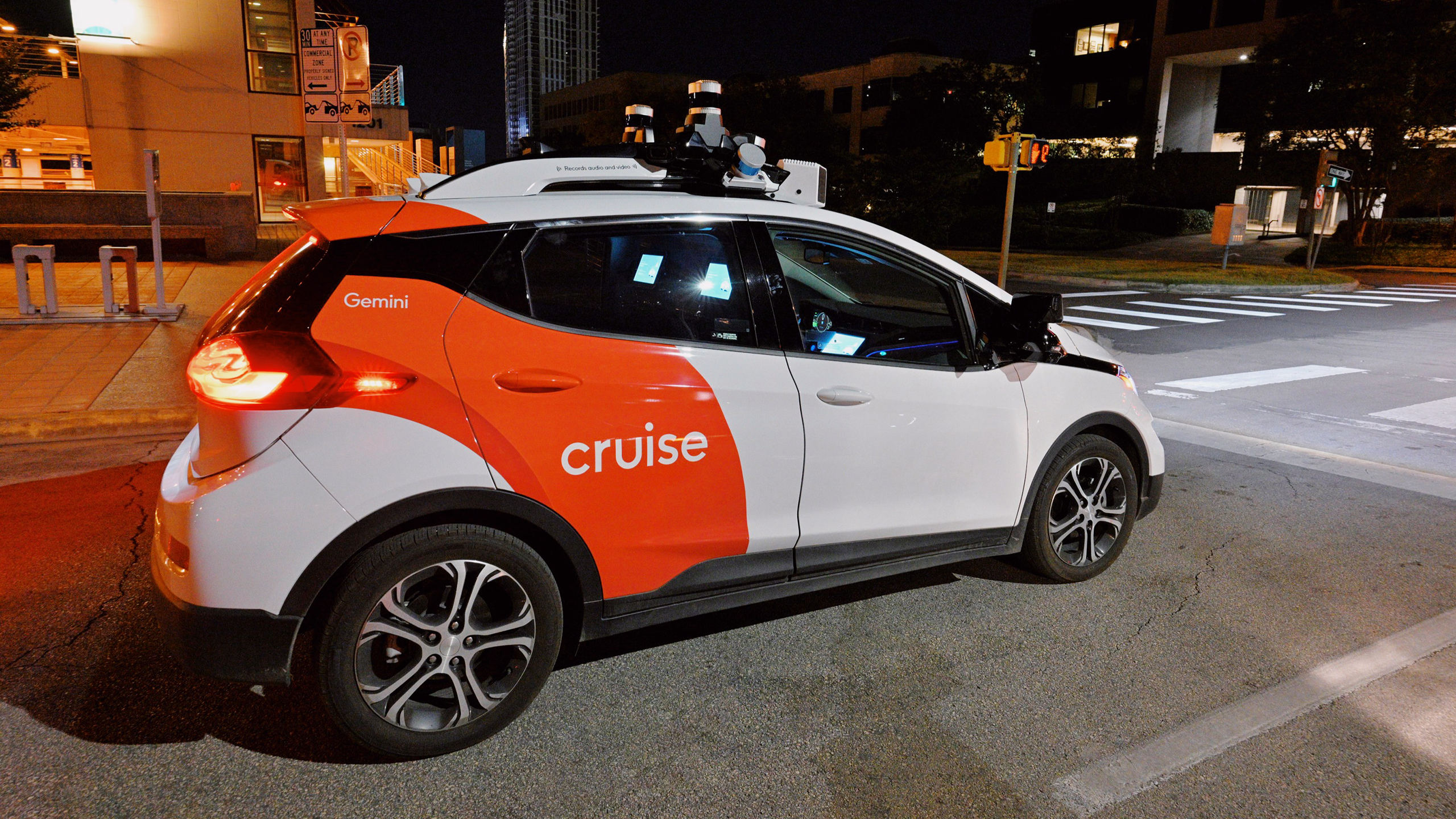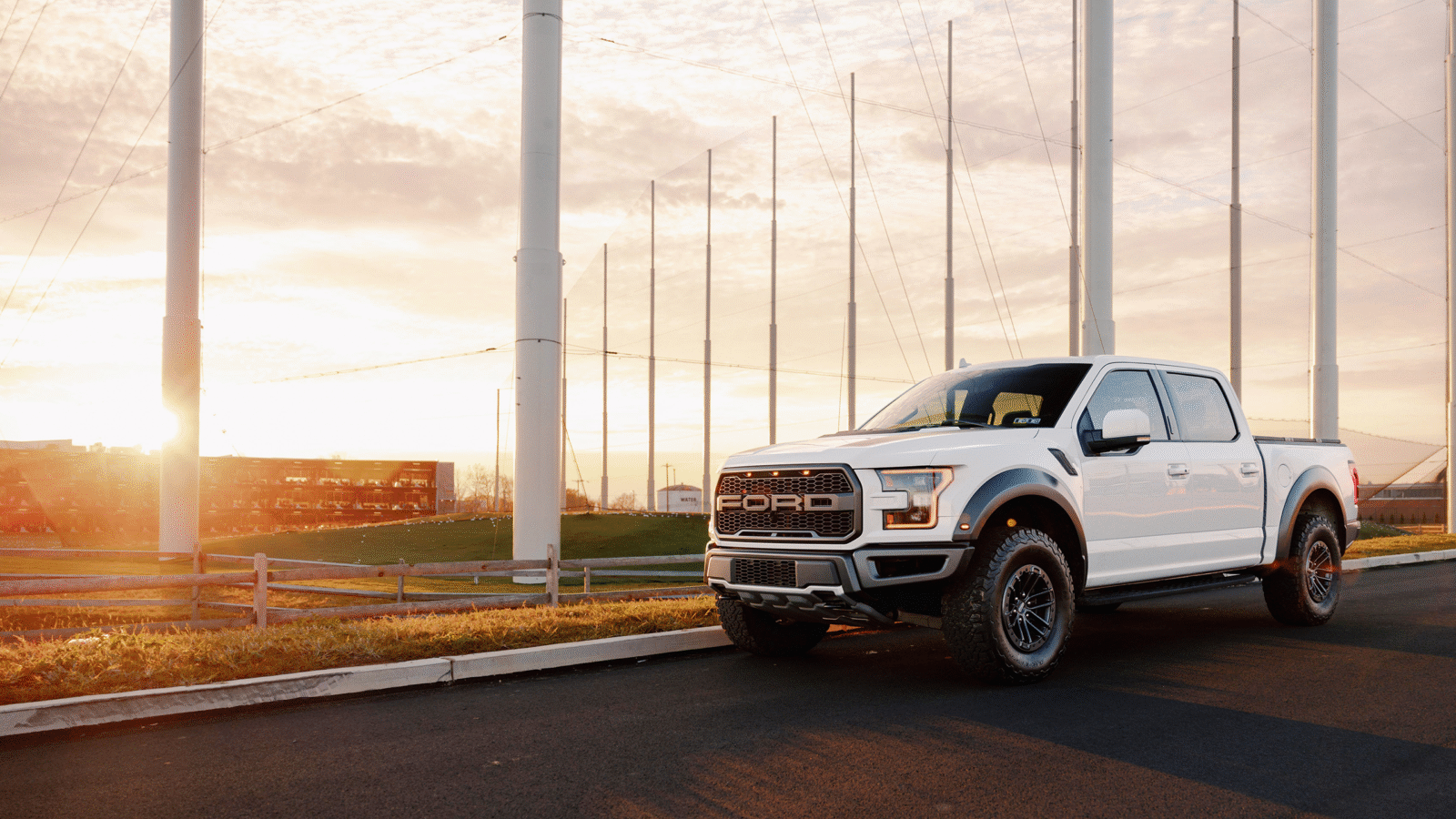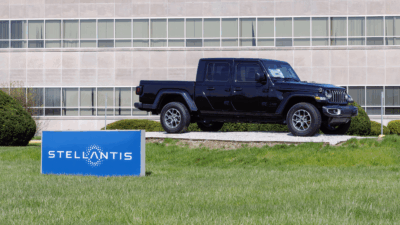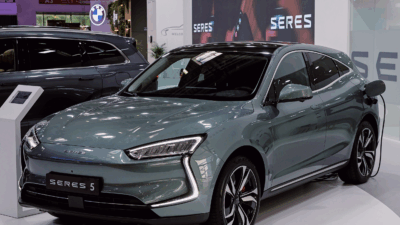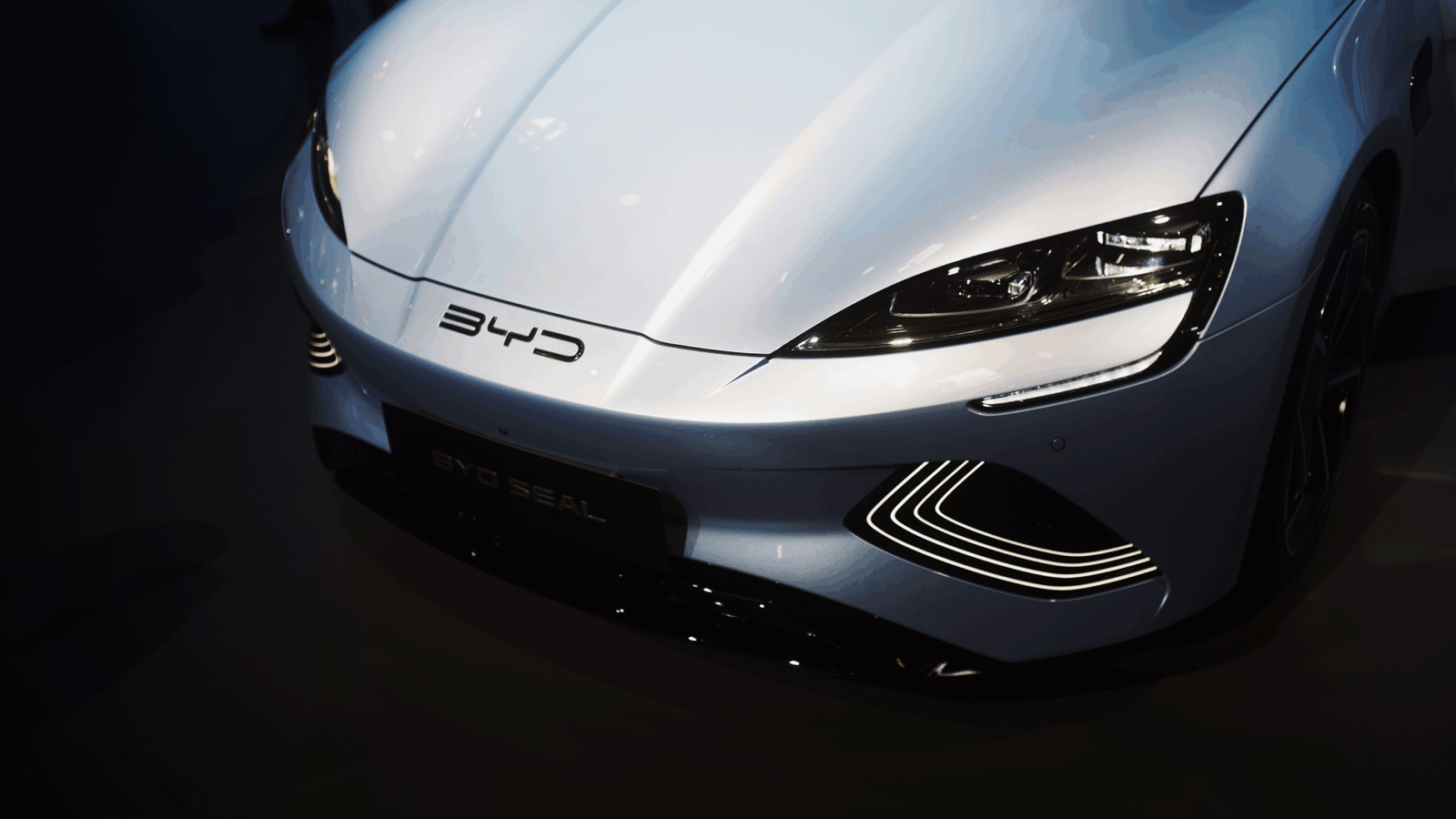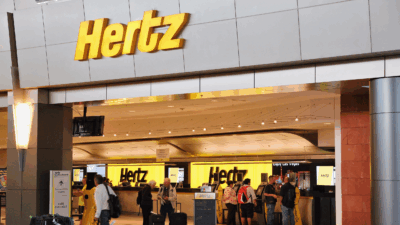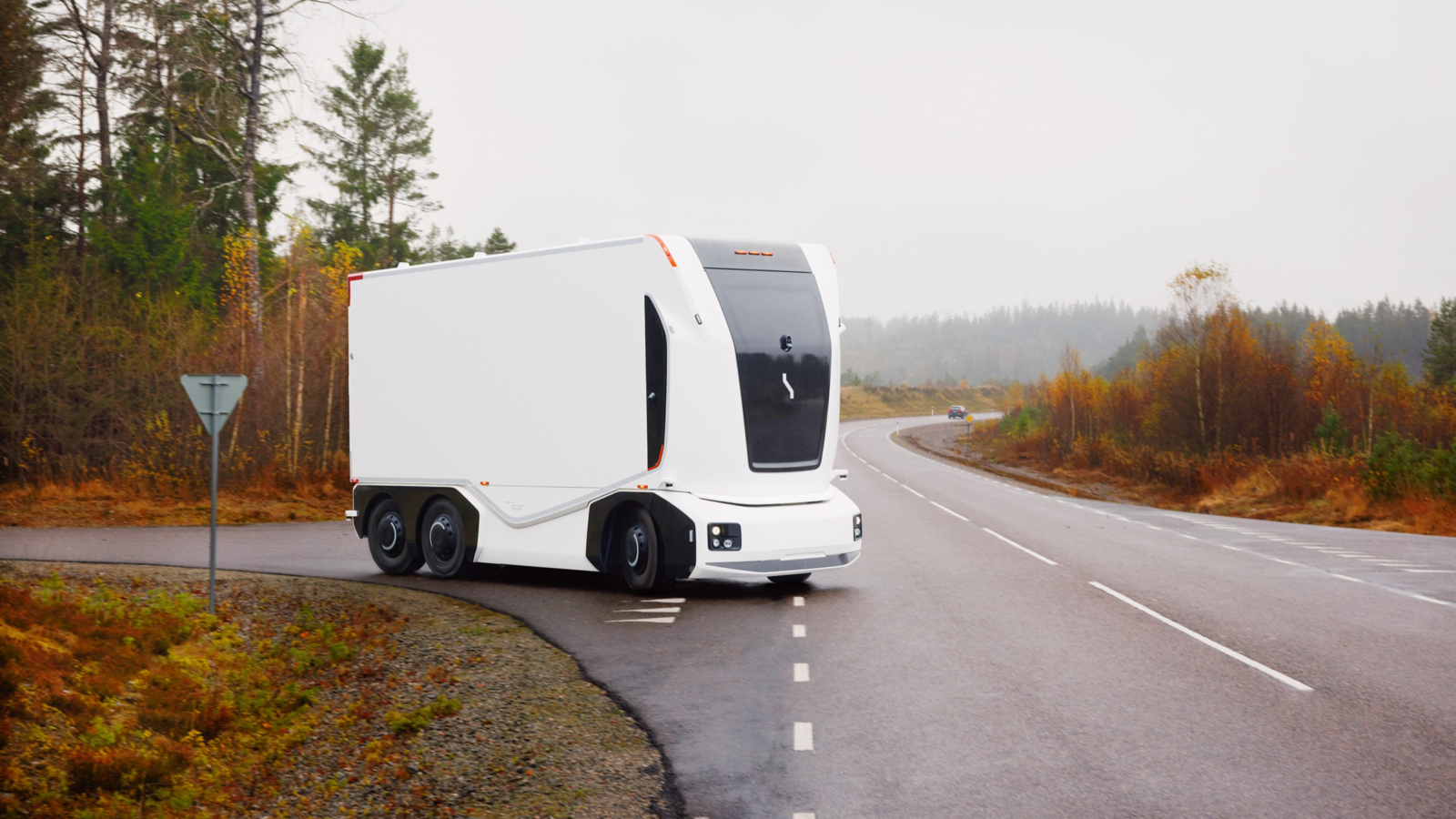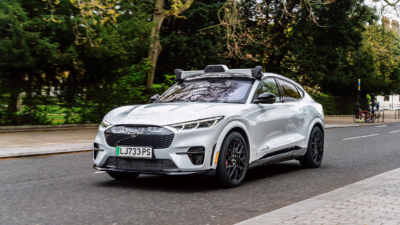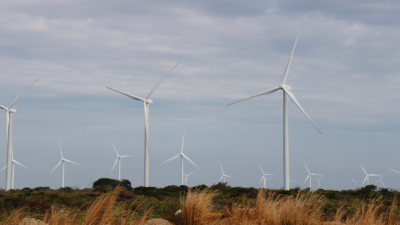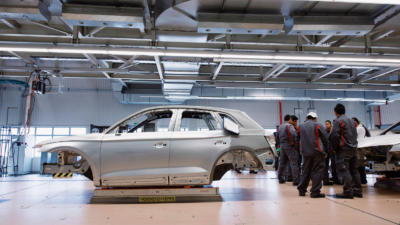GM Expands Hands-Free Driving Range as Industry Recalls Persist
The company’s Cruise now has double the road for autonomous driving, but many consumers continue to have safety concerns.
Sign up for smart news, insights, and analysis on the biggest financial stories of the day.
Two things in this world are truly infinite: the universe, and the optimism of autonomous vehicle companies.
GM’s Cruise said Thursday it’s expanding its high-end Super Cruise driver assistance system (analogous to Tesla’s “Full Self-Driving” feature), allowing it to operate on double the amount of road it did before — up to 750,000 miles by the end of next year. Many self-driving car operations are geographically fenced into pretty constrained areas, so this is a step forward for Cruise. Whether it’ll ever get over the final hurdle of being truly trusted by the public is another question — one not helped by rival Waymo issuing its first recall this week.
Cruising for a Bruising
Cruise ended 2023 on a pretty somber note, as one of its cars was involved in a fairly gruesome accident in California last October where it hit a woman who had been knocked into its path by another car. The Cruise vehicle did brake, but it also pulled over to get out of traffic, dragging the woman an extra 20 feet in the process. The state suspended Cruise’s license as a result, and although Cruise said a software update following a recall means its cars will now simply brake in similar situations, it was a chilling reminder that driverless cars in the wild need a certain amount of real-world accidents to train themselves for the unpredictability of real life.
In expanding the stretch of highways where you can use Super Cruise, however, the company is trying to impress that it’s not using drivers as crash-test dummies:
- Speaking to The Verge, David Craig, GM’s head of maps, contrasted GM’s approach to “hands-free” driving with rival Tesla, which rolls out its FSD as a beta product — meaning real-life drivers are looking for flaws in the product.
- “We’re not going to beta test on our customers,” Craig told The Verge, adding “like some other competitors do.” Careful there, “other competitors” also tweet.
Waymore Than We Bargained For: Waymo, the self-driving car company owned by Google, also issued its first-ever recall this week after two of its self-driving cars self-drove themselves into the back of a pickup truck in the process of being towed. This is a major blot on its record, as Waymo has managed to mostly fly under the radar when it comes to alarming accidents involving its autonomous vehicles, with Tesla, Uber, and Cruise soaking up the most bad publicity. It also comes during the same week that one of its cars was attacked and set on fire by an angry mob in San Francisco.
